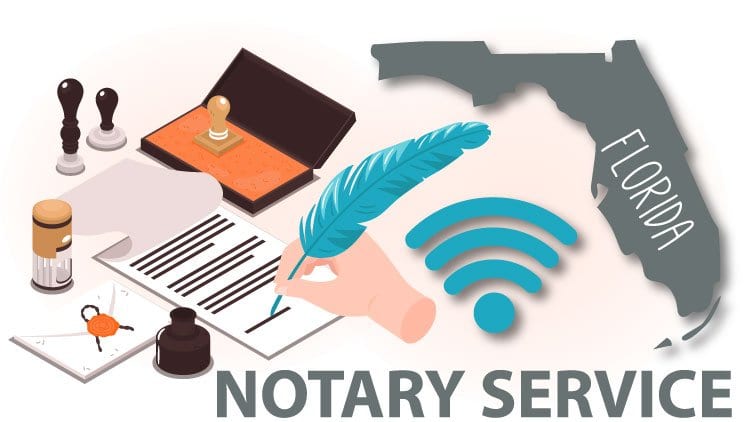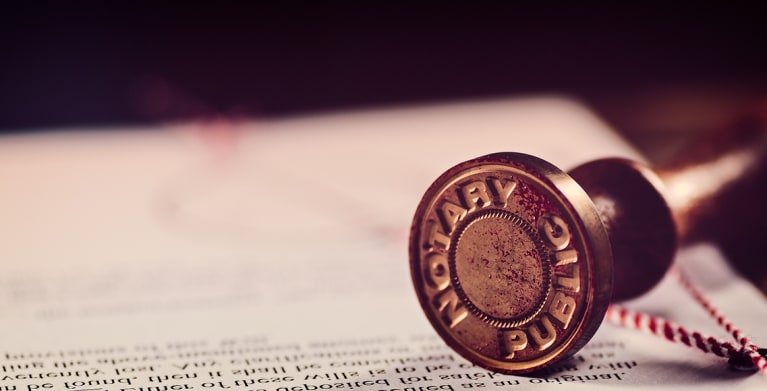Deceased Estate Administration: Taking Care Of Assets and Affairs After Passing
Wiki Article
Demystifying Notarial Job: Streamlining the Duty and Relevance of Notaries
In the elaborate internet of lawful documents and verification, notaries stand as columns of assurance and credibility. Their duty, commonly shrouded in enigma for numerous, carries considerable weight in guaranteeing the validity and stability of crucial documents. As guardians of legality and fact, notaries play a crucial component in our culture, yet their work is not constantly fully comprehended. By untangling the intricacies bordering notarial methods and shedding light on the significance of their acts, a clearer understanding arises of the vital role notaries play in upholding the textile of contractual and lawful contracts.The History of Notarial Job
The background of notarial job dates back to ancient worlds, where scribes played a critical role in taping vital information and verifying files. This led to the advancement of notaries, individuals appointed by the state to act as unbiased witnesses in lawful issues.
Throughout the Center Ages, notaries got importance in Europe, with their features broadening to consist of composing lawful records, licensing trademarks, and preserving documents. The rise of international trade further emphasized the significance of notarial work in confirming contracts and contracts across borders.
In the modern era, notaries proceed to play a vital duty in lawful and organization purchases by confirming identifications, verifying the authenticity of documents, and preventing scams. Their role in licensing the legitimacy of contracts adds a layer of safety and security and depend the ever-evolving landscape of commerce and legislation.

Tasks and Obligations of Notaries
Notaries play a vital function in confirming the credibility of documents and the identity of notaries. One of their key responsibilities is to witness the signing of important documents, such as wills, contracts, and deeds, to make certain that all parties are entering into contracts purposefully and voluntarily.Furthermore, notaries are tasked with providing affirmations and oaths, which are critical in lawful process and the implementation of affidavits. They certify copies of initial papers, supplying guarantee to establishments that the duplicates hold true reproductions of the originals. Notaries must keep exact records of all transactions they oversee to guarantee transparency and accountability. Overall, the duties and responsibilities of notaries are important in protecting the integrity and legality of various records and purchases.
Notarial Certificates and Signatures
Exhibiting meticulous focus to information, notarial certificates and trademarks work as vital components in confirming the credibility of legal records. Notarial certificates generally have critical info such as the date of registration, the names of the notaries, a summary of the paper, and the notary's official seal. These certifications offer a clear document of the notarial act, making sure that the document can be quickly identified and mapped back to the notary who managed the process.Signatures play a pivotal function in notarial job, as they signify the agreement and authorization of the celebrations entailed. Notaries thoroughly witness the finalizing of documents to verify the identity of the notaries and validate that they are signing of their very own free choice. By attaching their official seal and signature to the paper, notaries certify that the required treatments have actually been followed which the record is valid and enforceable.
Basically, notarial certificates and signatures are the trademark of credibility in lawful transactions, providing assurance to all events involved that the files are legitimate and binding.
Relevance of Notarial Acts

Notarization Process Clarified
The registration procedure usually begins with the individual offering the file to a notary public. Once the identification is verified, the notary ensures that the specific signing the document does so voluntarily and without any threat.
Conclusion

Notarial certifications generally consist of critical details such as the date of notarization, the names of the signatories, a description of the paper, and the notary's main seal. These certifications give a clear document of the notarial act, ensuring that the document can be conveniently recognized and mapped back to the notary that oversaw the process.
By affixing their official seal and trademark to the record, notaries license that the necessary procedures have been complied with and that the paper is enforceable and legitimate.
By confirming the identity of the notaries, verifying their determination to get in right into the arrangement, and accrediting the date and place of the signing, notaries play an important function in supporting the validity of legal documents.After the record is authorized, the notary will certainly attach their official seal or stamp onto the record.
Report this wiki page